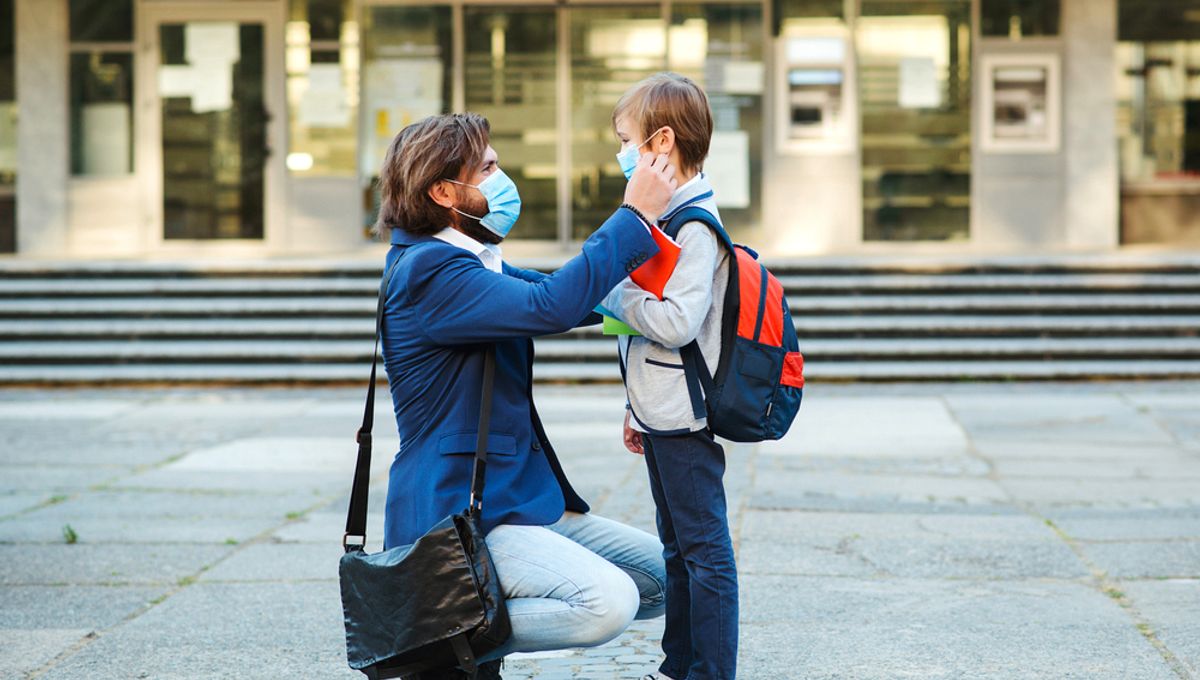
If family members in your home suffer from persisting symptoms of COVID-19, then it’s more likely that you too will experience lingering symptoms, according to a new study.
The discovery was recently made by a team of scientists from the University of Freiburg who studied 1,267 children and adults in Germany from 341 different family households. In each of these households, at least one individual had a mild or asymptomatic SARS-CoV-2 infection around 11 to 12 months before the study kicked off.
Their chief finding was that long-COVID symptoms tend to cluster within families. In sum, the number of persistent symptoms in individuals was closely linked to the number of persistent symptoms in other household members. This remained true whether the person had tested positive for COVID-19 or was just exposed to the virus.
The researchers posed that there might be a few explanations behind this. Firstly, genetics may predispose both parents and their children to develop prolonged symptoms following SARS-CoV-2 infection. Secondly, parents’ perceptions of their own symptoms may have influenced their perception or reporting of their children’s symptoms.
However, the study did not look to explain the link they found and other explanations may still be out there. For instance, previous studies have suggested that different variants may have some impact on the severity of long-COVID. Perhaps this could partially explain why some families appear to be harder hit than others.
Most people fully recover from COVID-19 within weeks, but for a significant minority, these symptoms can last for weeks or months. This has come to be known as long-COVID or long-haul COVID.
Estimates can widely vary, but it’s thought that up to 12 percent of people infected with SARS-CoV-2 have symptoms 12 weeks after the initial infection. This can include tiredness, aching muscles, shortness of breath, headaches, loss of or changes to smell, dizziness, “brain fog”, and an array of cognitive problems.
Despite how common – and severe – long-COVID can be, scientists are still only just getting to grips with what causes it. This latest study into long-COVID provides some further insights that could help get to the bottom of the mysterious condition.
The researchers found that almost one in four exposed adults reported having at least one symptom still present around 11 to 12 months after exposure to the virus. They discovered that moderate or severe persistent symptoms were more common in infected women (36.4 percent) compared to infected men (22.9 percent). It’s also notable that younger kids were way less likely to experience long-COVID than their parents.
The study was published in the Lancet journal EBioMedicine.
Source Link: Long-COVID Seems To Run In Family Households, And It's Unclear Why